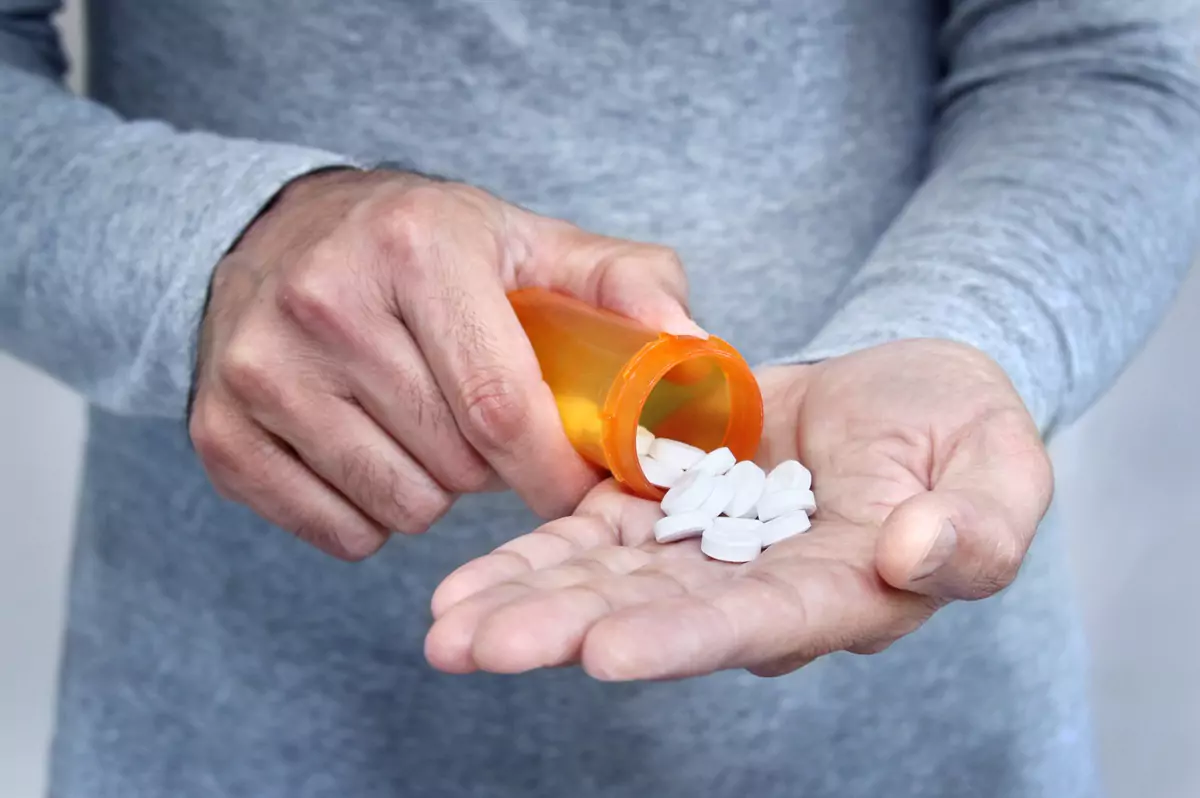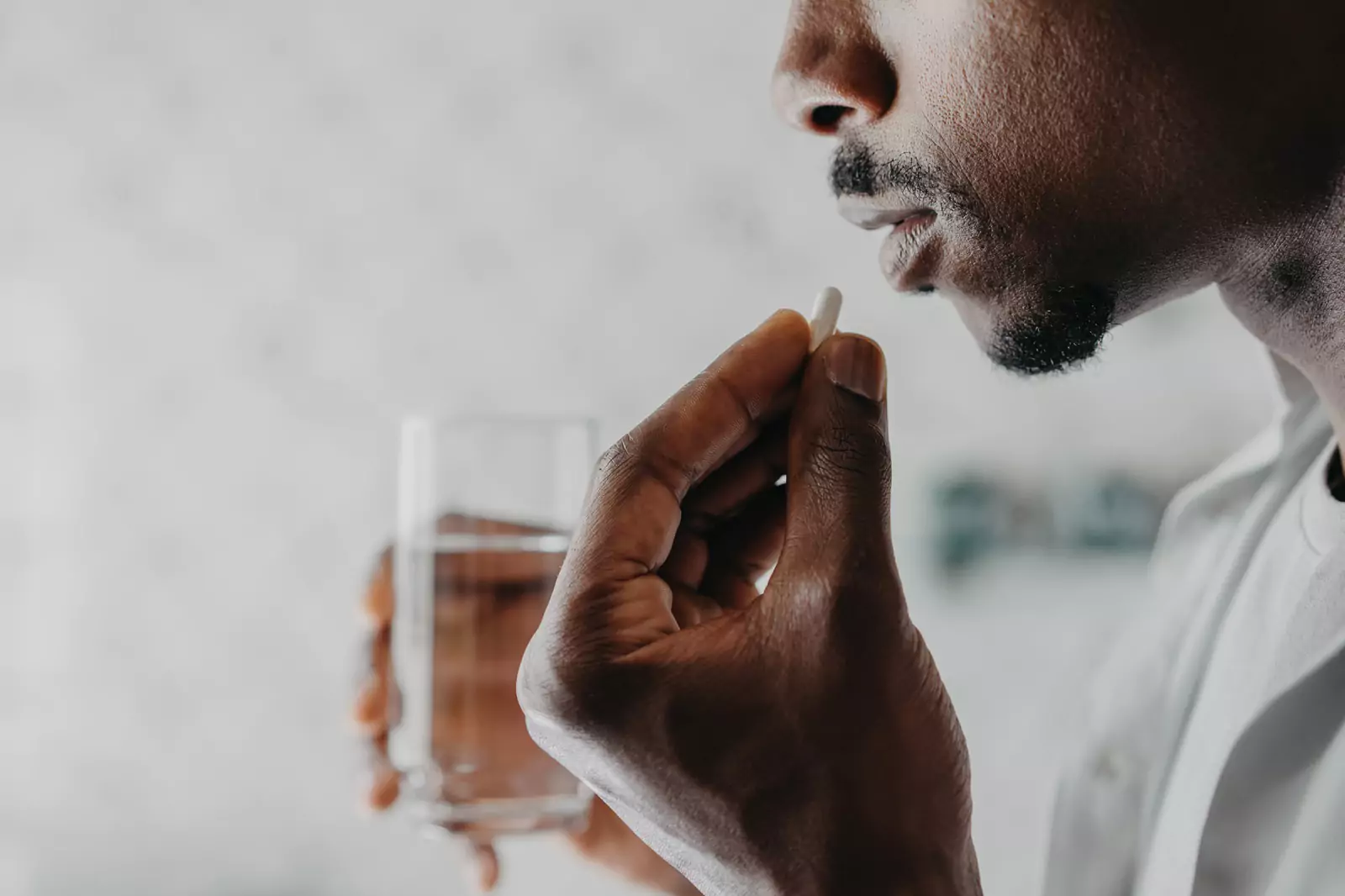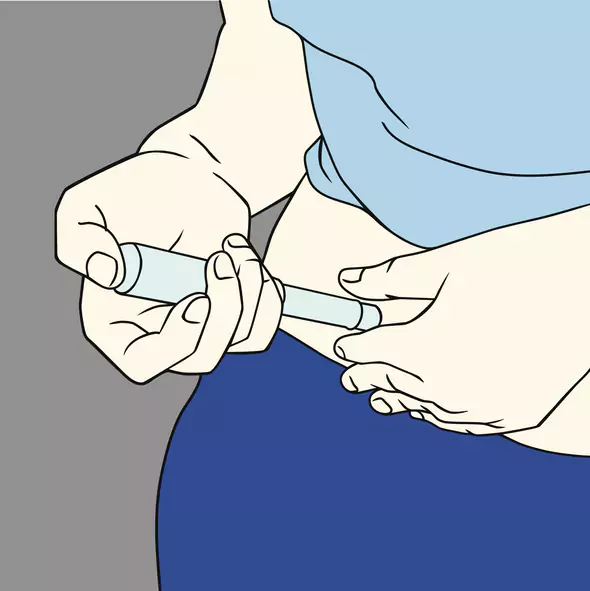
UP TO 40% OFF SITEWIDE






What is the Most Common Side Effect of Glipizide?


Glipizide, a commonly prescribed medication for type 2 diabetes, plays a crucial role in managing blood sugar levels. However, like any medication, it comes with potential side effects. This article aims to delve into the most common side effect of Glipizide, providing a comprehensive understanding of its implications, symptoms and management strategies.
The goal is to equip readers with the knowledge they need to manage their health effectively while using Glipizide. For a more detailed exploration of the side effects of Glipizide and similar drugs, we recommend reading this article.
Understanding Glipizide
Glipizide is an oral medication that belongs to a class of drugs known as sulfonylureas. It is primarily used to treat type 2 diabetes, a chronic condition characterized by high blood sugar levels due to the body's inability to properly use insulin or produce enough of it. Glipizide works by stimulating the pancreas to release more insulin.
Insulin is a hormone that allows cells to take in glucose, a type of sugar, from the bloodstream. This process lowers blood sugar levels, helping to manage the symptoms of type 2 diabetes. Glipizide is typically prescribed to patients who have not been able to control their blood sugar levels through diet and exercise alone.
It is often used in conjunction with a healthy diet, regular exercise and weight control to effectively manage diabetes. While Glipizide is effective in controlling blood sugar, it's important to understand that it can also lead to certain side effects. The next sections will delve into these side effects, focusing particularly on the most common one: hypoglycemia.
Side Effects of Glipizide
Like all medications, Glipizide can cause side effects. These can range from mild to severe and can vary from person to person. Some people may experience no side effects at all, while others may experience several. It's important to remember that the goal of any medication is to do more good than harm. The potential benefits of controlling blood sugar levels with Glipizide generally outweigh the potential risks.
Side effects can be broadly categorized into two types: common and uncommon. Common side effects are those that occur in more than 1 in 100 people. Uncommon side effects occur in fewer than 1 in 100 people. The most common side effects of Glipizide include hypoglycemia (low blood sugar), digestive problems such as nausea, diarrhea, or constipation, weight gain, dizziness, skin rash, sweating and a fast heart rate.
The Most Common Side Effect: Hypoglycemia
Hypoglycemia, or low blood sugar, is the most common side effect of Glipizide. This occurs when the blood sugar level drops too low, usually below 70 mg/dL. This can happen if Glipizide causes the body to release too much insulin, leading to an excess removal of sugar from the bloodstream. Symptoms of hypoglycemia can include confusion, dizziness, feeling shaky, hunger, headaches, irritability, pounding heart or irregular heart rhythm, sweating, trembling and weakness.
In severe cases, it can lead to loss of consciousness or seizures. If you experience symptoms of hypoglycemia, it's important to act quickly. Consuming a source of fast-acting sugar, such as fruit juice, hard candy, or glucose tablets can help raise blood sugar levels quickly. Once your blood sugar is stable, eating a meal or snack can help keep it steady.
SugarMD Super Berberine
SugarMD Super Berberine is a superior supplement for those seeking to maintain healthy glucose metabolism and reduce inflammation. Unlike other supplements, it utilizes a potent blend of dihydroberberine and 100% pure Ceylon cinnamon to ensure that blood sugar remains in a healthy range. Additionally, this formula is safe and effective for long-term use.
Regular use of this product will lead to a significant reduction in inflammation, which is a well-known contributor to a wide range of health issues. If you're looking for a supplement that can help you maintain healthy glucose levels while reducing inflammation, SugarMD Super Berberine is the perfect choice.
Other Common Side Effects: Digestive Problems
In addition to hypoglycemia, Glipizide can also cause digestive problems which are among the most common side effects experienced by users. These can include nausea, diarrhea and constipation. Nausea, or feeling sick to your stomach, can be uncomfortable but is usually not serious. It can be managed by taking Glipizide with food which can also help to prevent low blood sugar.
Diarrhea and constipation, on the other hand, can be more disruptive. If you experience persistent diarrhea or constipation, it's important to speak with your healthcare provider. They may be able to suggest dietary changes or other strategies to help manage these side effects.
Conclusion
Understanding the potential side effects of Glipizide is an important part of managing your health while treating type 2 diabetes. The most common side effect, hypoglycemia, can be serious if not treated quickly, but can also be managed effectively with the right strategies. Digestive problems, while uncomfortable, can also be managed with dietary changes and other strategies.
Always speak with your healthcare provider if you experience persistent or severe side effects from Glipizide. For more detailed information on the side effects of Glipizide and similar drugs, we recommend reading this comprehensive guide. It provides a wealth of information to help you understand and manage potential side effects, empowering you to take control of your health.
About The Author
Meet Dr. Ahmet Ergin a highly skilled and dedicated endocrinologist with a passion for diabetes care. Dr. Ergin earned his medical degree with honors from Marmara University in Istanbul. He completed internal medicine residency and endocrinology fellowship at Cleveland Clinic.
Dr. Ergin is board-certified in Internal Medicine, Endocrinology, Diabetes, and Metabolism due to his vast medical expertise. He's a certified diabetes educator, author of "The Ultimate Diabetes Book," and founder of "the SugarMD YouTube channel."
Dr. Ergin offers exceptional diabetes care to his patients in Port Saint Lucie, FL, helping them manage effectively. Disclaimer: These statements have not been evaluated by the Food and Drug Administration. Information on this website isn’t intended to treat, cure or prevent any disease. Discuss with your doctor and do not self-treat.
Written By Dr. Ahmet Ergin
466 total articles
Meet Dr. Ahmet Ergin, a highly skilled and dedicated endocrinologist with a passion for diabetes care. Dr. Ergin earned his medical degree with honors from Marmara University in Istanbul. He completed internal medicine residency and endocrinology fellowship at Cleveland Clinic. Dr. Ergin is board-certified in Internal Medicine, Endocrinology, Diabetes, and Metabolism due to his vast medical expertise. He's a certified diabetes educator, author of “The Ultimate Diabetes Book,” and founder of “the SugarMD YouTube channel.” Dr. Ergin offers exceptional diabetes care to his patients in Port Saint Lucie, FL, helping them manage effectively. For a closer look into his insights and experiences, connect with Dr. Ahmet Ergin on LinkedIn, Instagram, and YouTube.”
Disclaimer: These statements have not been evaluated by the Food and Drug Administration. Information on this website isn't intended to treat, cure or prevent any disease. Discuss with your doctor and do not self-treat.
Products











